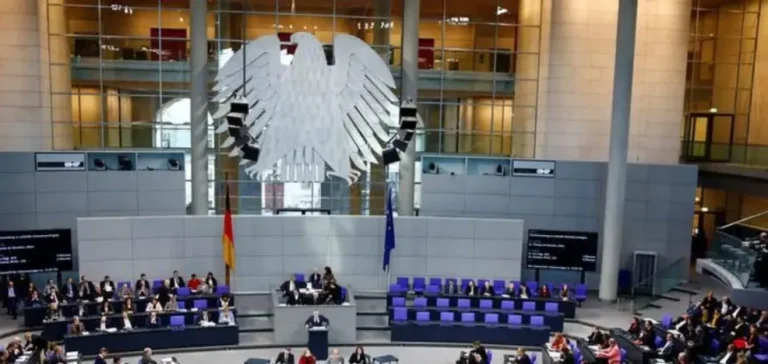The German Federal Network Agency (Bundesnetzagentur) is planning significant adjustments to the regulation of infrastructure operators’ revenues, as part of a reform covering the period from 2028 to 2033. According to preliminary documents reviewed, the reform aims to make investments more attractive for operators while maintaining cost control for consumers.
Targeted relaxations on costs and debt
The reform, called NEST (Netze.Effizient.Sicher.Transformiert), would provide more flexibility for grid operators in managing their operating expenses. It would also allow a more lenient accounting of interest on borrowed capital. Efficiency requirements, previously considered strict by operators, are expected to be relaxed.
The stated objective is to balance investment attractiveness with affordable consumer tariffs. The president of the Bundesnetzagentur said the revised framework aimed to “create an attractive environment for investment and limit costs to the necessary minimum”.
Balancing transition and profitability
Electricity grid operators, including Amprion, have voiced concerns over currently authorised equity returns, which they deem insufficient to cover rising infrastructure demands. These demands are being driven by increased electricity consumption, fuelled by digitalisation, data centres, and electrification of residential and industrial uses.
On the gas network side, the challenge is different but equally pressing. The gradual decline in natural gas consumption is shrinking the existing customer base, while operators must invest in infrastructure compatible with hydrogen to remain relevant in the coming years.
Staggered implementation between electricity and gas
The reform is scheduled to take effect for gas networks starting in 2028, followed by electricity grids in 2029. This timeline reflects the technical and economic specificities of each infrastructure type.
The revision of the regulatory framework comes amid a broader acceleration in long-term energy infrastructure investments. The final content of the NEST reform is expected to be adopted by the end of the year, a deadline closely watched by market participants and institutional investors.






















